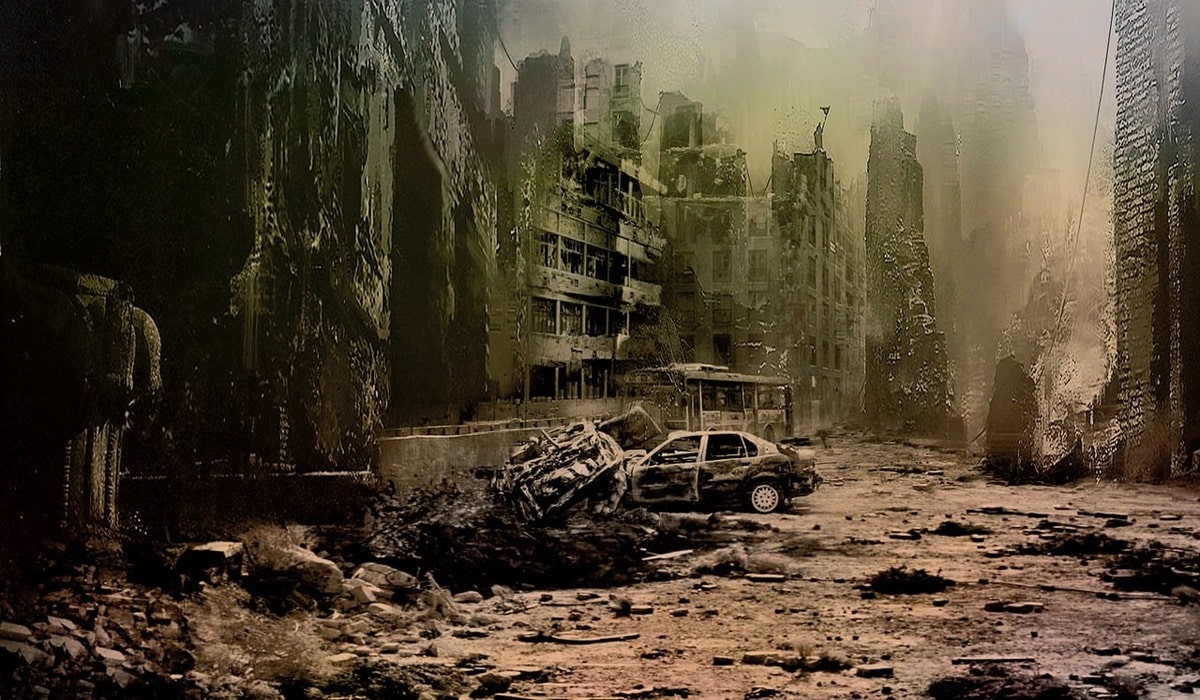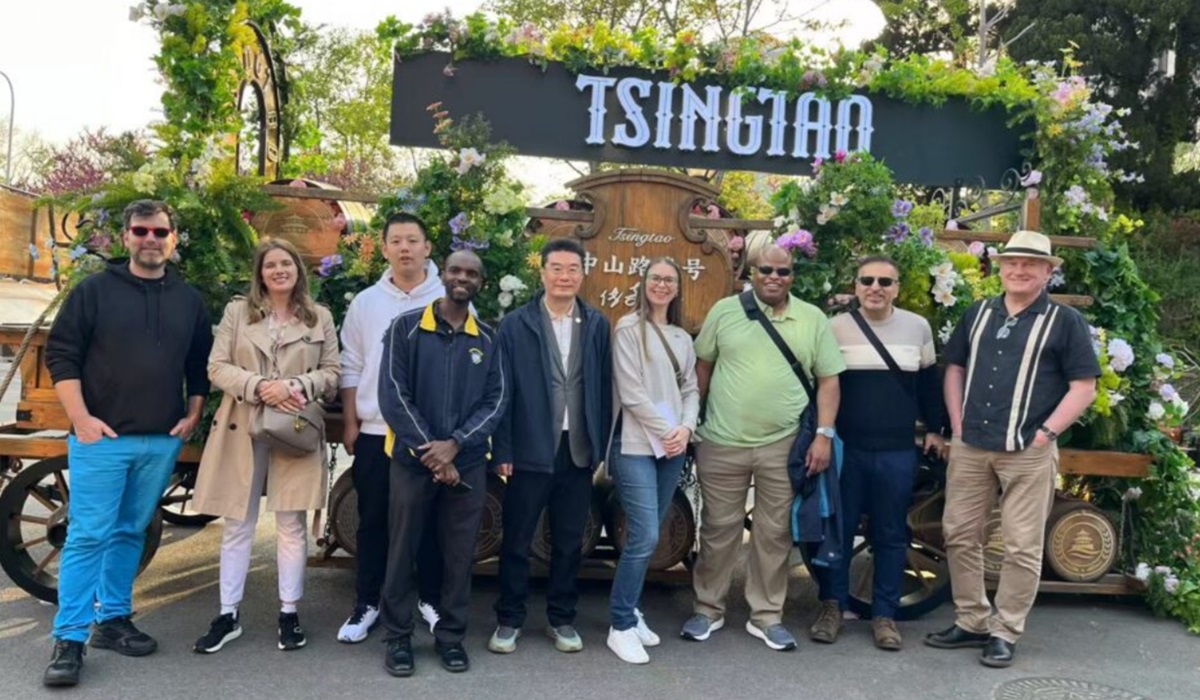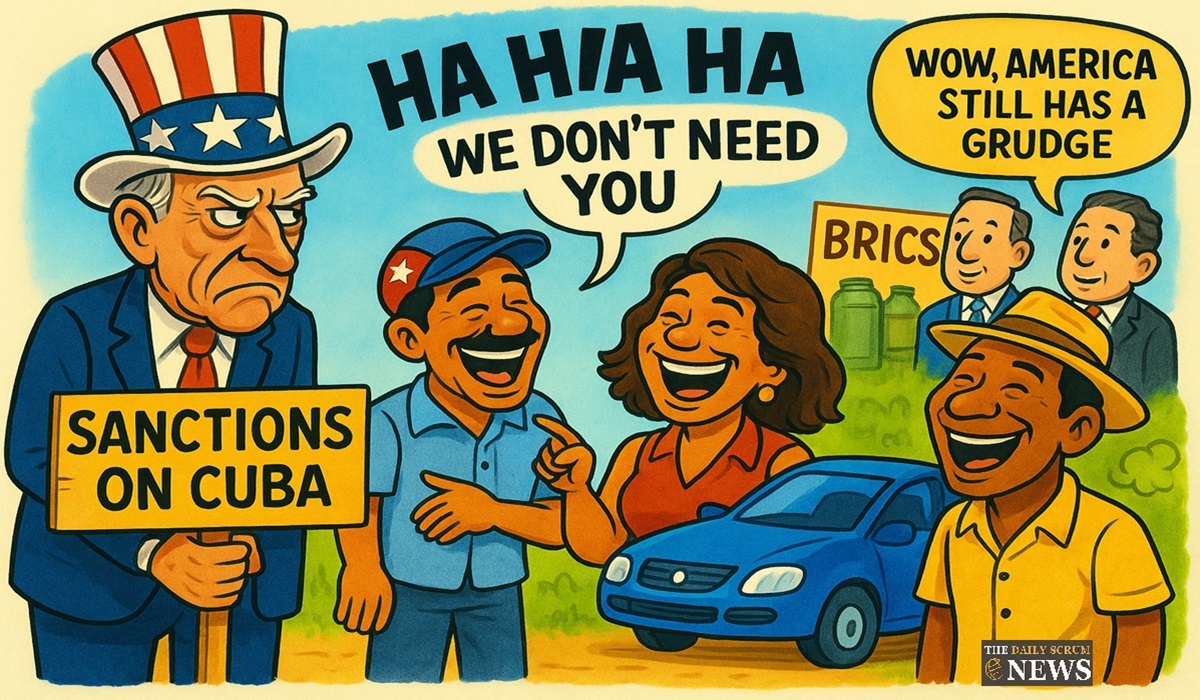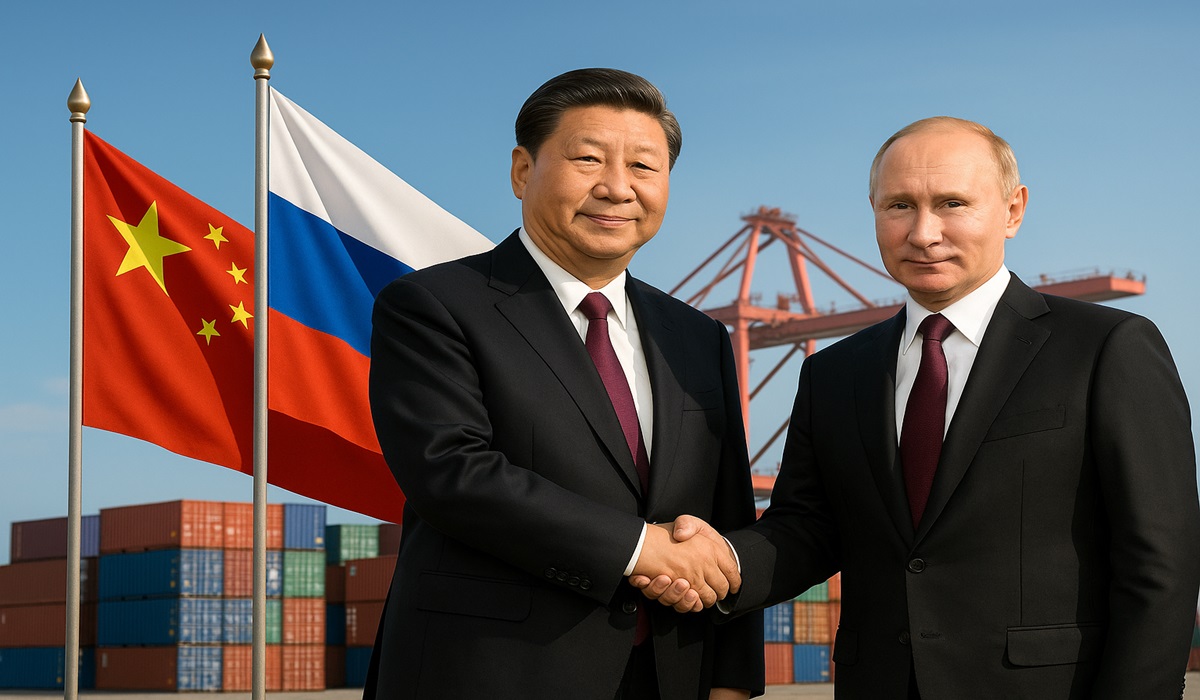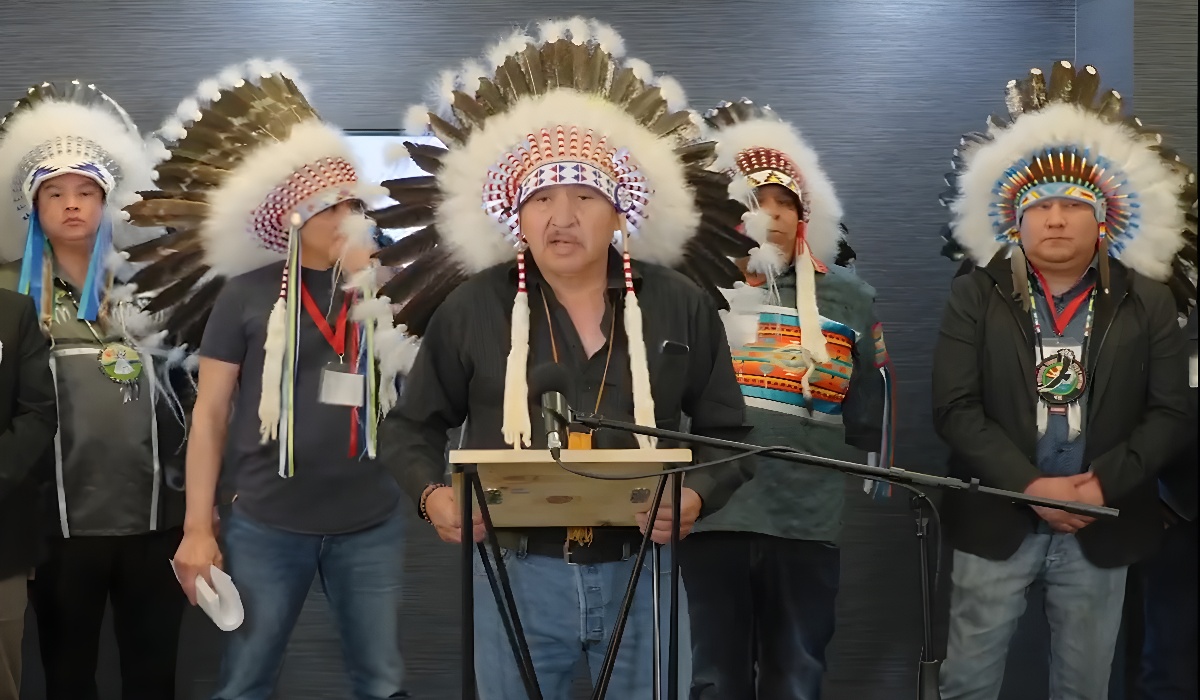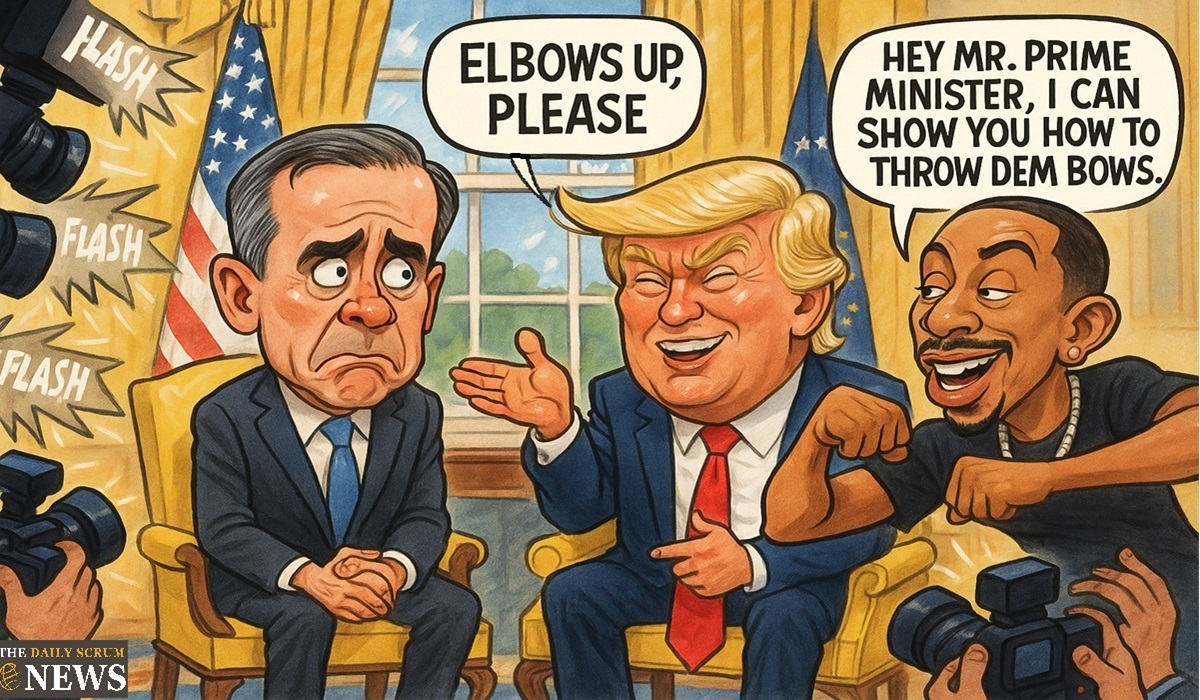In the name of peace, we start wars. We launch missiles and bombs at distant lands while standing on podiums and proclaiming our commitment to stability and order. We reduce entire civilizations to rubble, uprooting families and destroying histories that took centuries to build, all because we convince ourselves that they are a threat—perhaps not today, but one day, somewhere down the line, they might be. And so, to preserve the fragile illusion of security, we preemptively strike, enslave, occupy, and divide.
Farms that once fed communities are torched and flattened beneath the treads of tanks, while the fields that once symbolized prosperity are left to rot, collateral damage in the relentless pursuit of dominance. Villages are emptied, their inhabitants displaced or killed, their only crime being born in a place that sits too close to resources someone else covets. Those who survive are branded as insurgents if they dare to fight back, even if their only weapons are slingshots and stones—a fight that is never fair, yet somehow still seen as necessary.
This is the world we live in. Those with power and wealth sit atop global institutions, holding the reins of influence while orchestrating conflicts they will never personally experience. The battles rage far from their polished offices, far from the safety of the cities they call home. They move pieces across a chessboard where human lives are simply statistics in briefing documents, casualties that are either brushed aside or justified as the price of progress.
And still, these same powers call for peace. They condemn others for acts of violence that pale in comparison to their own. They gather in grand assemblies, shaking hands and signing treaties, while their factories hum in the background, producing the next generation of weapons destined for someone else’s home. The hypocrisy is glaring—peace is a luxury afforded only to those who can afford the strongest armies.
Genocide unfolds under the banner of protection. Ethnic cleansing is rationalized as necessary to maintain borders drawn by the hands of foreign rulers generations ago. Entire populations are repressed, their identities erased or rewritten, and yet the world watches in silence, hesitant to intervene because the perpetrators are allies, trading partners, or just too powerful to confront.
How far have we fallen when those entrusted with leadership become the architects of suffering? When the institutions meant to prevent atrocities instead serve as platforms for justifying them? The oppressed are labeled as dangerous radicals while the aggressors drape themselves in flags and deliver speeches about unity and cooperation.
In the end, the machinery of war grinds on, fed by the greed and fear of those at the top. We are left wondering how long this cycle can continue before the world itself collapses under the weight of its contradictions. If peace is truly the goal, then perhaps it’s time to dismantle the systems that thrive on conflict and rebuild something more just—before the fires we light consume us all.

